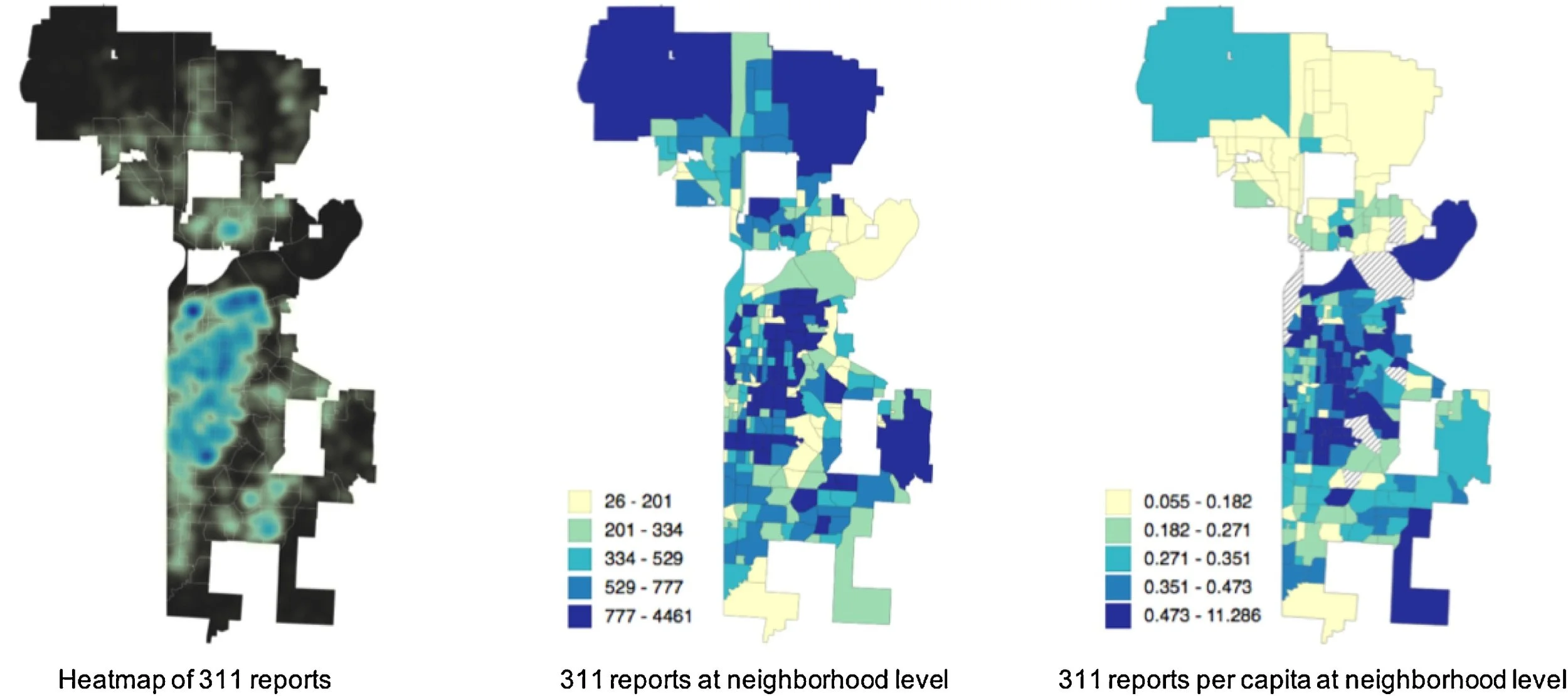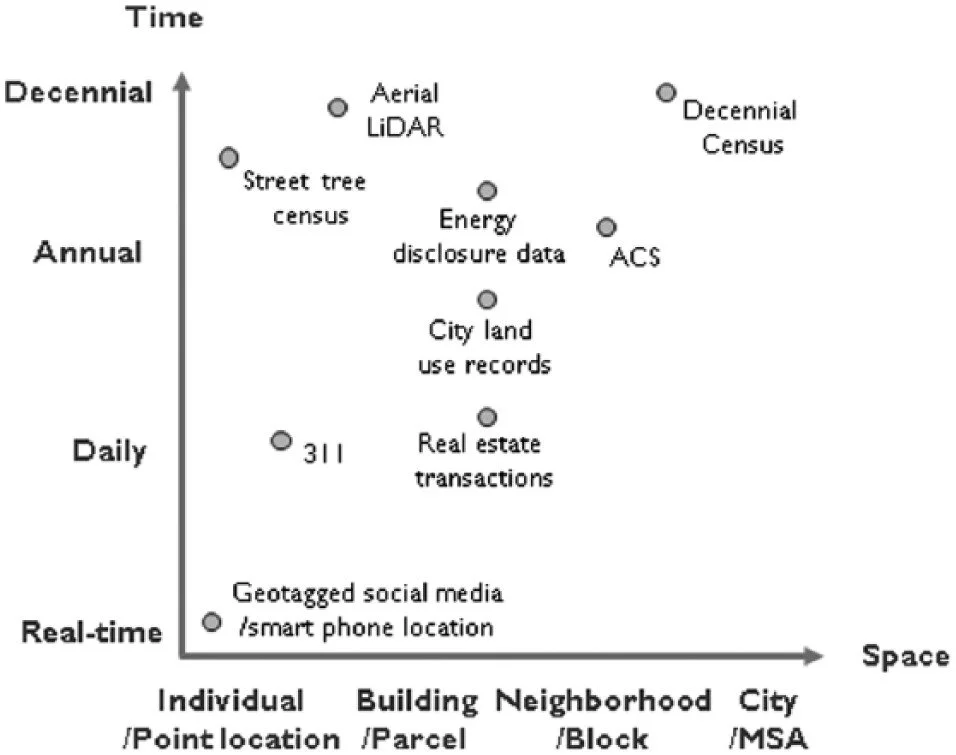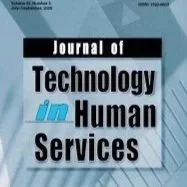Fairness in algorithmic decision-making in the public sector
Analytics and data-driven decision-making represent a significant opportunity to advance the efficient and equitable delivery of city services and the design, implementation, and evaluation of urban policy. The understanding and application of new data and artificial intelligence tools has become the foundation for next-generation city management and policy-making. Our work in this area seeks to improve the transparency, rigor, and fairness of public sector algorithmic decision-making and to democratize information across traditionally underrepresented, vulnerable, and excluded groups.
Predictive algorithms carry systemic biases resulting from persistent spatial, racial, and economic inequalities in cities. Decisions based on machine learning models, particularly those trained on resident-reported complaint data, can result in discriminatory outcomes and a mis-allocation of city resources, further reinforcing disparities. Our work on bias and fairness in data-driven decision-making addresses these issues in the urban context.



